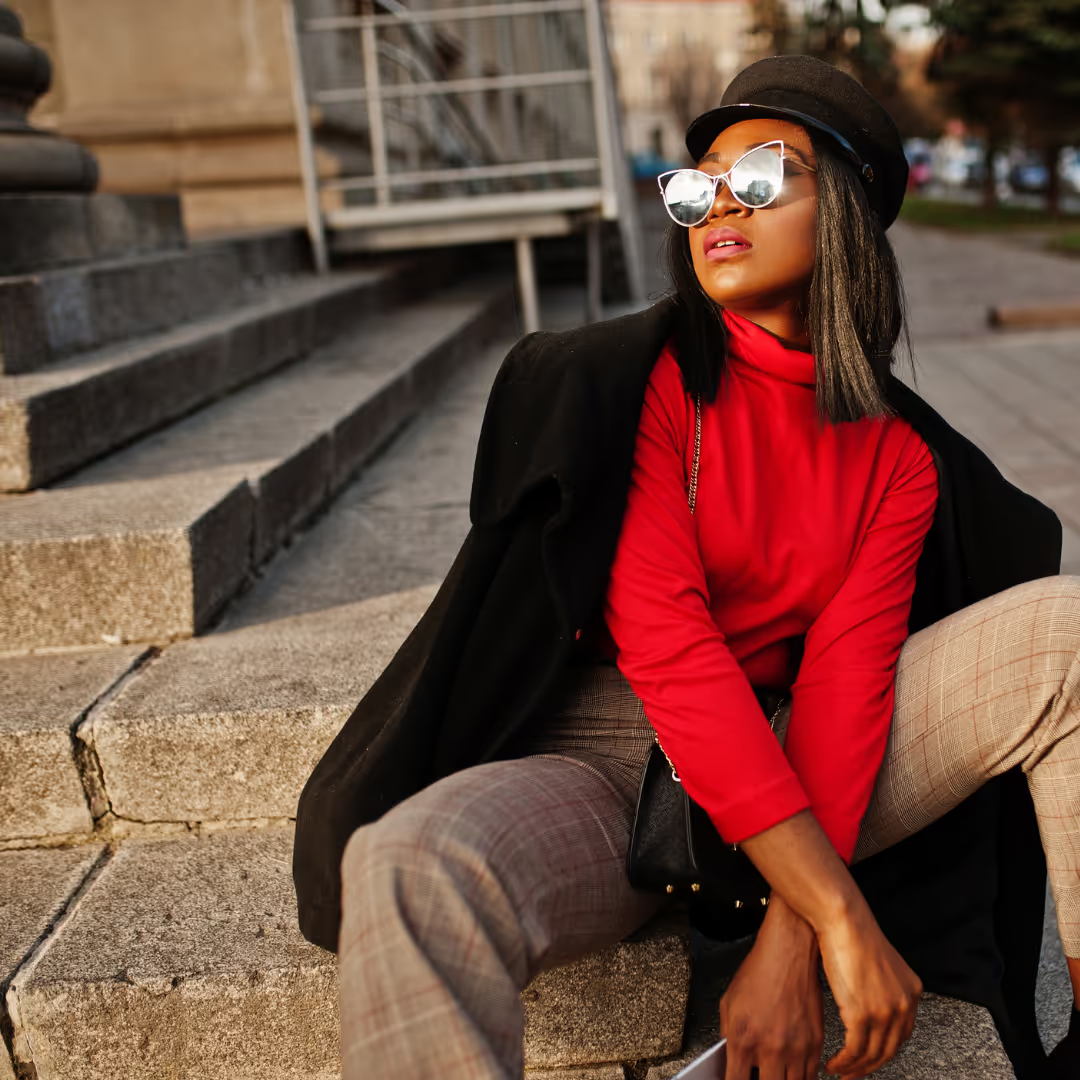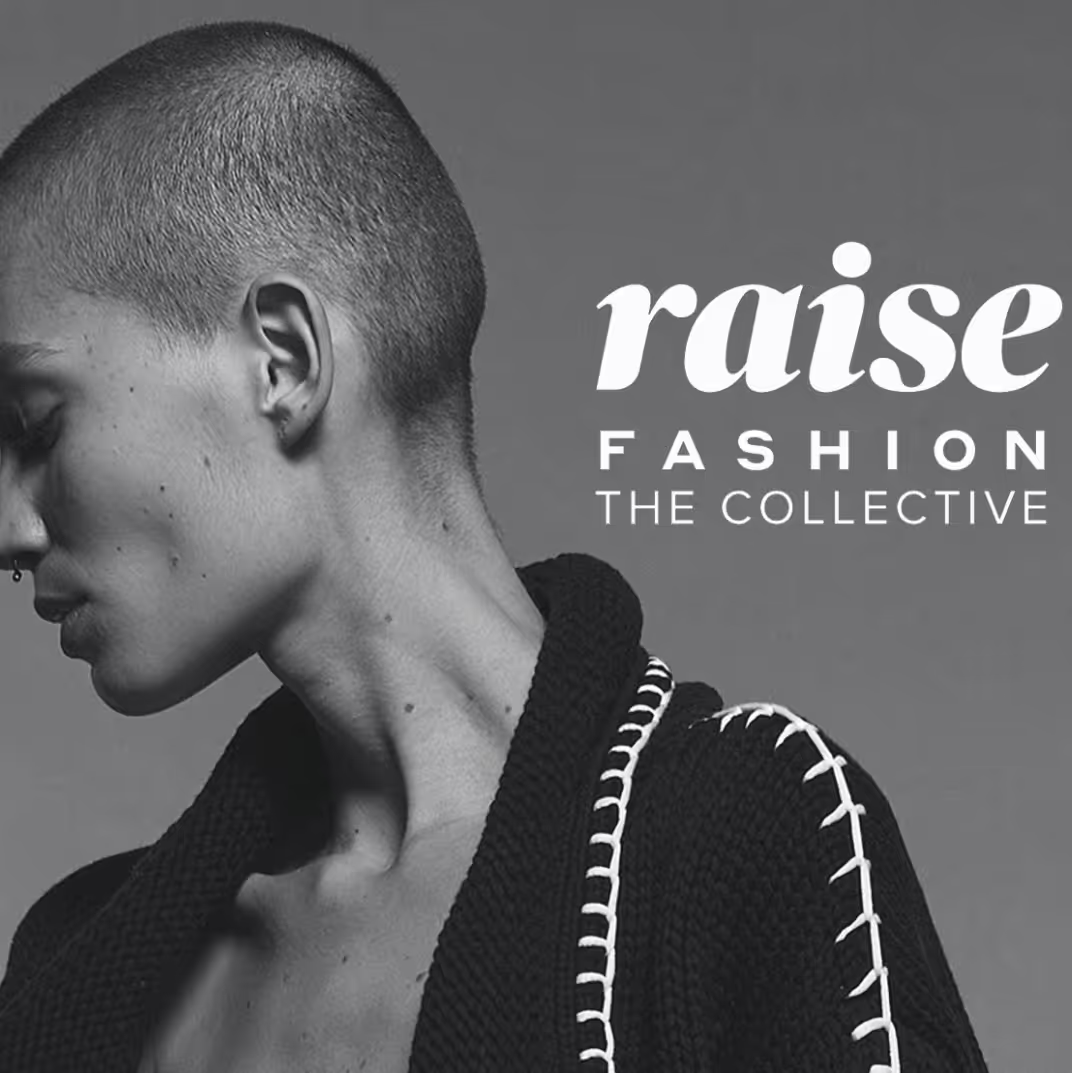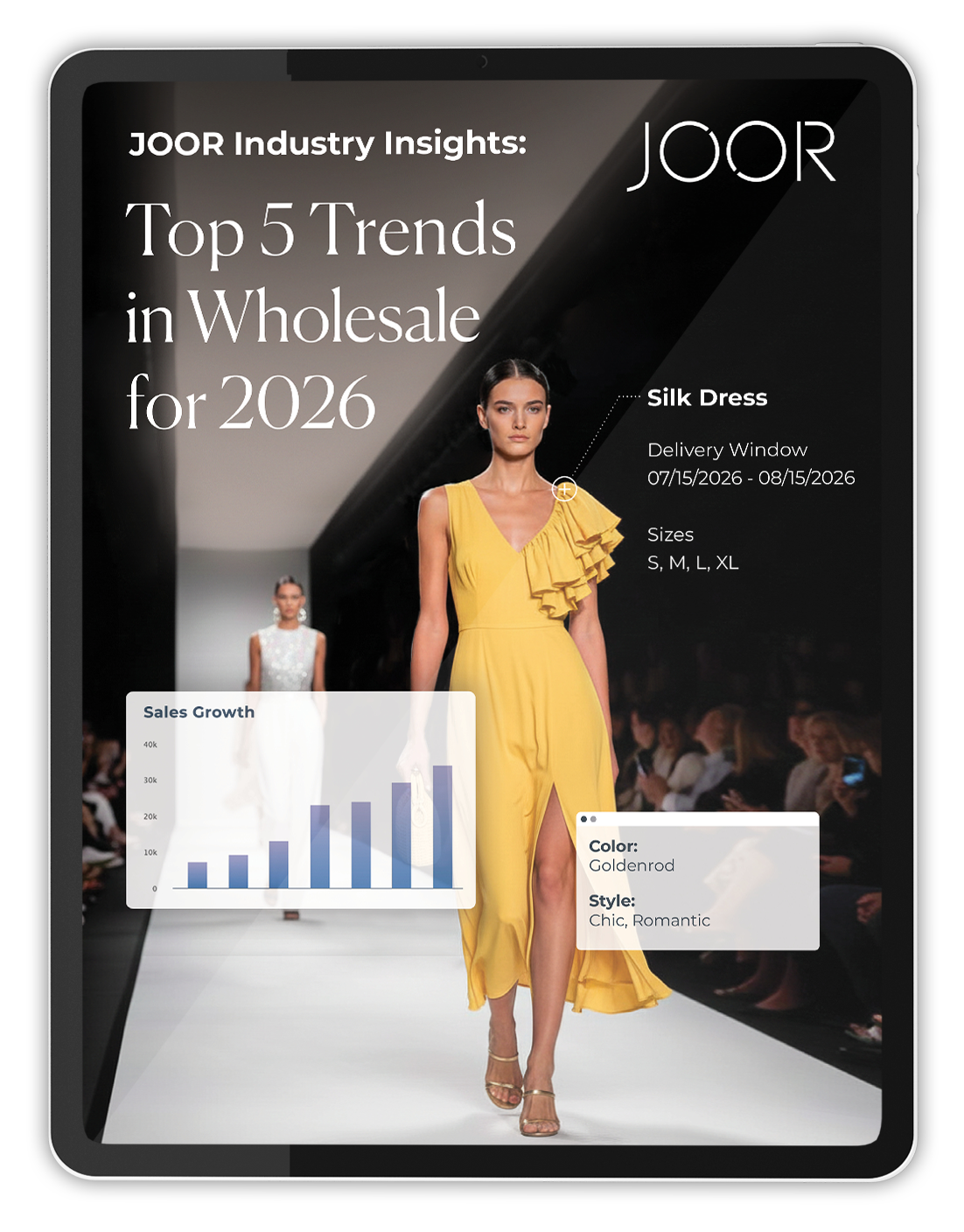Inclusion for Black Designers: Fashion’s Opportunity for Real Change
Across sectors, significant obstacles still make it harder for Black creatives and entrepreneurs to achieve mainstream success. And in fashion and luxury, they have additional issues to navigate, including an established networking culture.

Across sectors, significant obstacles still make it harder for Black creatives and entrepreneurs to achieve mainstream success. And in fashion and luxury, they have additional issues to navigate, including an established networking culture. This has stacked up to a history of Black underrepresentation in our industry--both in terms of the designers creating the collections, and the models and stylists bringing them to life.
But fashion has also historically borne the torch for progressivism--supporting social justice, pushing for civil liberties and often acting as a tipping point for real social change. And current socioeconomics create a business argument to support the ethical need, creating a real moment to clear the way for Black designers and fashion professionals in a lasting and meaningful way. Talented independent designers and savvy retailers can leverage these win-win opportunities to collaborate and build brands together globally.
Shopping with ethos
Purpose-driven Millennial and Gen-Z shoppers cite their values--i.e., concern for social, environmental and economic justice--as the driving force behind their purchases . GenZ and Millenial respondents also cite civil rights/racial discrimination as today’s top issue, and over half of Millenials and more than three-fourths of Gen Z respondents expect brands to change business practices in order to right these inequalities--and plan to direct their spending practices accordingly. Additionally during 2020, consumers searched online for ‘Black-owned businesses’ at rates 7000% greater than the same periods in 2019, and searched for ‘Black-owned boutiques’ 330% more frequently--revealing more of where shopper intentions and sympathies lie.
The health crisis has further catalyzed the generational reshaping of ‘what’s cool.’ In contrast to older cohorts and even Millennials, Gen Z values fashion for its potential to express uniqueness and personal style--rather than its ability to convey status. And since COVID hardships have stirred up some overall discomfort with conspicuous consumption, this world view--which favors independent designers--has really started taking hold. Young shoppers lead a growing attraction to the new and the niche, and increasingly consumers across generations choose personally-appealing, emerging designers--especially if their products support sustainability. Emotional connection also plays a vital role. Gen Z wants to buy brands they believe in, which makes authenticity important.
Industry support
Simultaneously, with the health crisis hitting Black-owned businesses harder than any other group, a genuine desire to do better drives change from within. Rising stars Telfar, John Christopher Rogers, and Pyer Moss lit up the CFDA awards this year--with the Black-designed brands winning three of the six award categories during the high profile trade show ceremony. Industry creatives have stepped up to help channel the increasing consciousness into meaningful action. Accessories designer Aurora James’ ‘15% pledge’ provides consulting services to help major retailers bring their stock numbers in line with the percentage of Americans who identify as African-American: to date, Macy’s, Sephora, Bloomingdale’s, Target, West Elm and other leading retailers have signed on--and non-retail industry entities, such as Vogue, have participated as well, pledging to make freelance hiring numbers representative.
A powerful program
In keeping with this sentiment, RAISEfashion connects emerging talent to the existing system to evolve the industry from the inside out. In partnership with Harlem’s Fashion Row, RAISEfashion pairs black-owned brands with renowned industry experts for hands-on, responsive mentoring in a host of vital areas--including sales, operations, product development, digital marketing, creative content, and branding, to name a few. RAISE also strives to provide marginalized designers ‘inside track’ introductions and access to services they need to gain visibility and to scale. JOOR has partnered in this capacity, providing 25 brand founders--selected by RAISEfashion and Harlem’s Fashion Row--complimentary access to the digital wholesale platform. The brands receive full support to maximize opportunity from their virtual showroom and trade show access--including being featured in the exclusive virtual RAISEfashion event, currently live on JOOR PASSPORT. Working closely with RAISEfashion, JOOR will continue to offer this opportunity to an additional 25 brands every six months.

We are at a crossroads of opportunity. The current intersection of economic possibility, public sentiment, and industry need allows us to fast-track creative equity, bringing multicultural designers the mainstream attention their talent deserves. Their ‘seat at the table’ is not only ethically essential, but artistically urgent. Creative diversity defines our identity and drives our future, enabling fashion to serve as a source of inspiration, creative self-expression, and positive social change.
Related Insights

Why Digital B2B Catalogs are Essential for E-Commerce Businesses
Online catalogs have become a crucial component for retailers and their buyers in an evermore tech reliant industry. Read about how these dynamic product libraries act as comprehensive selling solutions that plug into current buying behaviors.
%2520(2)%2520(1).avif)
8 Ways a B2B Fashion Marketplace Solves Wholesale Scaling Challenges
Learn how a B2B fashion marketplace like JOOR helps your wholesale fashion brand overcome scaling challenges. Maximize resources, build retailer relationships, and enhance distribution to drive growth in the global wholesale fashion market.
%2520(1).avif)
Price Sheets Vs Line Sheets in Wholesale Fashion
Explore the key differences between price sheets and line sheets in wholesale fashion. Optimize product showcasing and sales strategies with clear pricing details and captivating visuals. Enhance buyer experience and streamline ordering process effectively.


